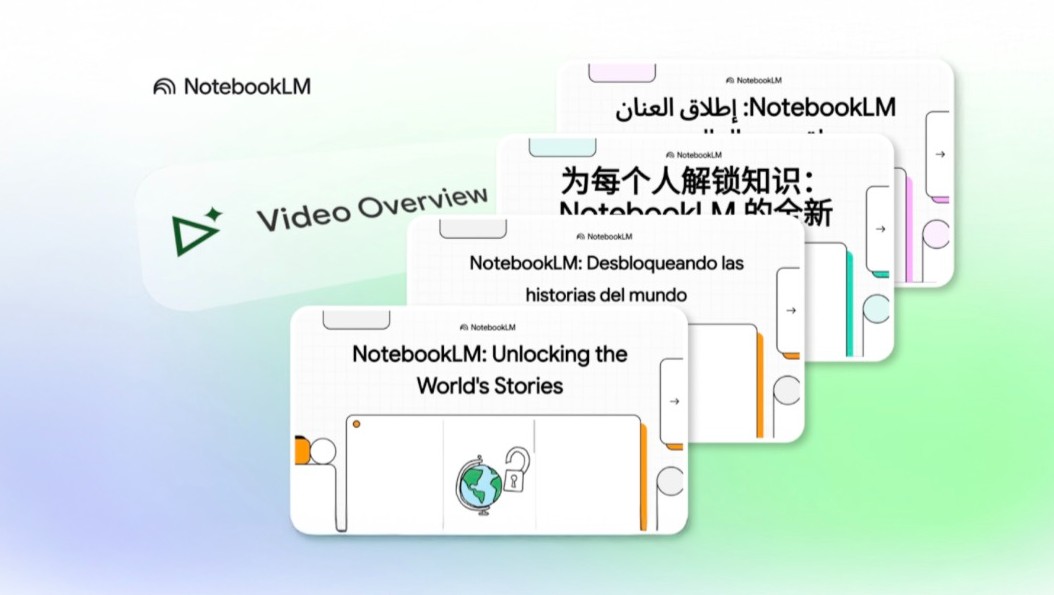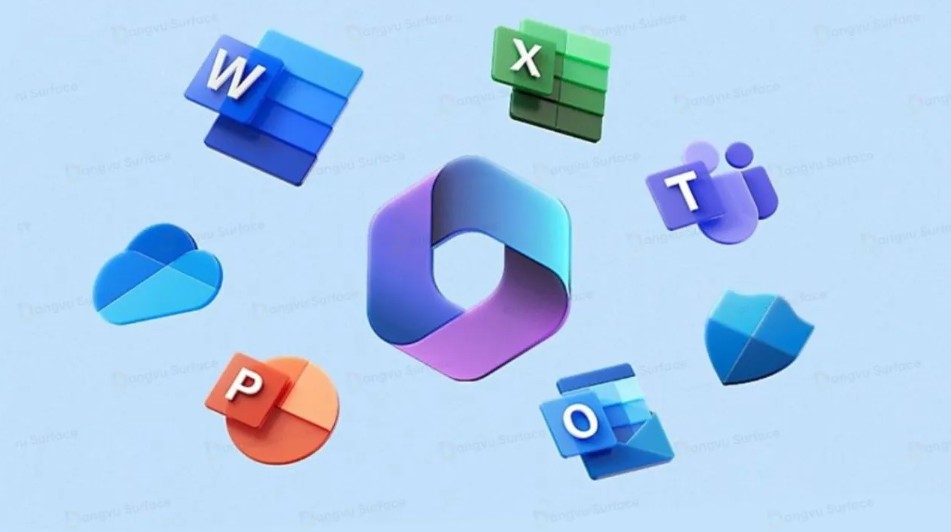Best Selling Products
Should I continue to buy Kaspersky and Norton licenses when using Windows 11?
Nội dung
Since Microsoft has invested seriously in operating system security, especially since Windows 10 and Windows 11, the built-in tool now called Windows Security has become more powerful than ever.
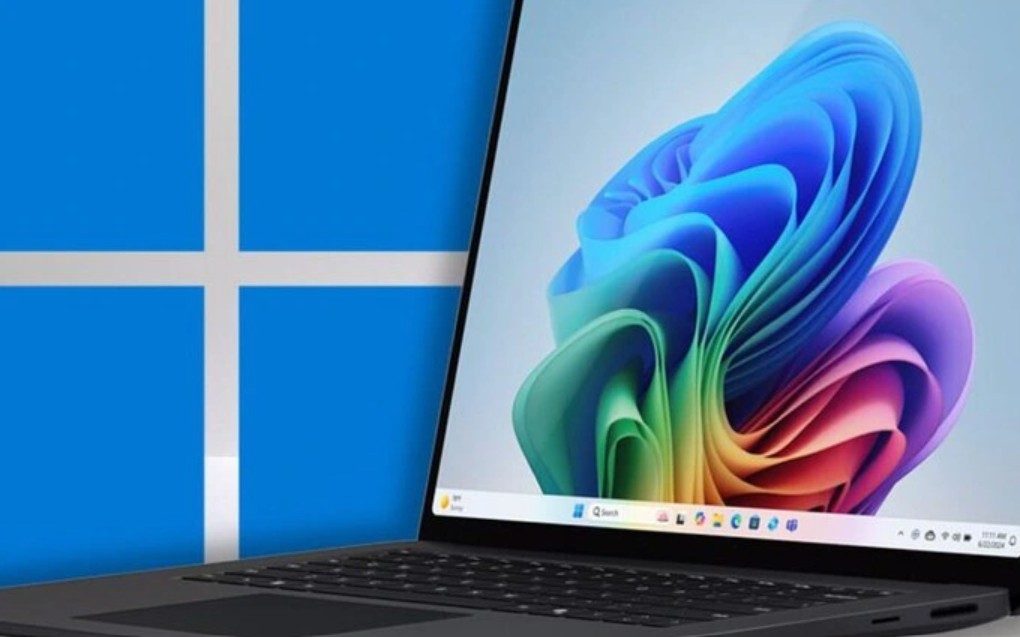
For many years, third-party antivirus software has been a “must-have” for Windows users. Especially in the 2000s, when Windows XP or Windows 7 operating systems were constantly targeted by viruses, trojans and other types of malware, names like Kaspersky, Norton, Avast and McAfee gradually became familiar. Spending money to buy a copyrighted antivirus software was considered an “inevitable cost” in exchange for the safety of personal data, bank accounts and computer performance.
However, this habit may be causing many users to waste money unnecessarily. Because since Microsoft seriously invested in operating system security, especially from Windows 10 and Windows 11, the built-in tool now called Windows Security has become more powerful than ever. It is not just a basic virus scanner, it has become a comprehensive security platform with many layers of defense, verified by independent security organizations.
This leads to an important mindset shift: should the average user still pay for a third-party antivirus software, or can they rely on a free solution from Microsoft? This is not only a technical question, but also an economic one, as annual software license renewals sometimes cost a significant amount of money without necessarily making a big difference.
1. How powerful is Windows Security on Windows 11?
To answer the above question, let's look back at Microsoft's development journey in the field of security.
In the early days of Windows, especially Windows XP, the operating system was almost “open to the door” for threats from the Internet. Without an effective firewall, without real-time protection, Windows became a fertile ground for viruses and worms to spread. Users at that time certainly remember the outbreaks of the ILOVEYOU virus or the Blaster worm, which could infect a computer within minutes of connecting to the Internet.
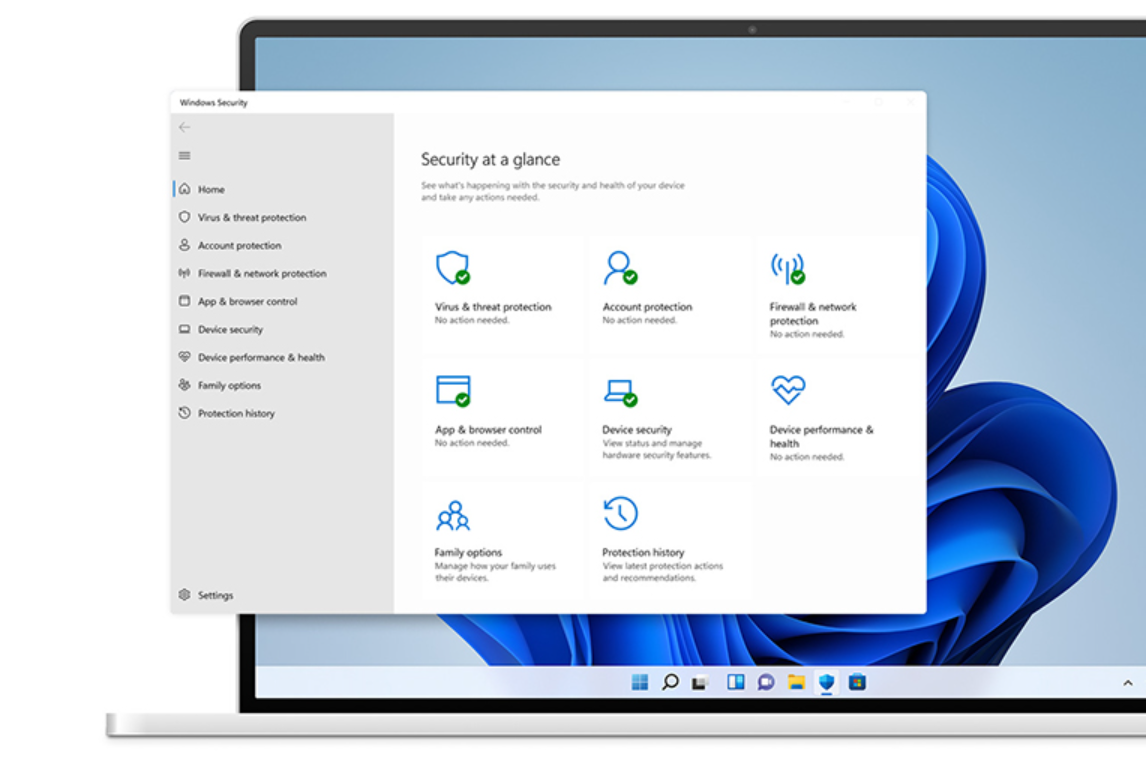
Under pressure from the community, Microsoft began to include some basic but still fragmented tools in Windows Vista and Windows 7. It was not until Windows 8 that the company launched Windows Defender, considering it a “minimum shield” to protect users. However, at this stage, Windows Defender was still very rudimentary, only able to protect against spyware and had a low virus detection rate. Users hardly trusted it.
The turning point only really came with Windows 10, when Microsoft invested more heavily, integrating Windows Defender directly into the system and developing it into Windows Security as it is today. With Windows 11, this tool is no longer a “temporary solution”, but is considered one of the most comprehensive security platforms for the world’s most popular operating system.
Reputable testing organizations such as AV-Test have consistently ranked Windows Defender on par with, and sometimes even surpassing, many commercial software. In real-world tests, Windows Defender has achieved 100% detection and blocking of new malware in consecutive evaluation periods. More importantly, it consumes very few resources, with almost no impact on performance when users play games, process graphics or run heavy applications.
This is especially important, because one of the reasons users dislike third-party antivirus software is that it slows down their computers. Software like Norton or McAfee have been criticized for taking up too much memory and CPU, leading to an unpleasant experience. In contrast, Windows Security is optimized to run “hidden” in the background, causing no trouble and being almost invisible to users.
In addition to basic virus scanning and removal capabilities, Windows Security on Windows 11 also integrates many notable advanced features. Controlled Folder Access is a layer of protection against ransomware, preventing strange applications from interfering with important folders. Offline Scan mode allows you to remove stubborn malware by starting a scan before Windows loads. Microsoft also equips a cloud-based protection mechanism, meaning that threat data is updated in real time from millions of computers around the world. Thanks to that, Windows Security can react quickly to emerging viruses and trojans, sometimes even faster than some commercial software.
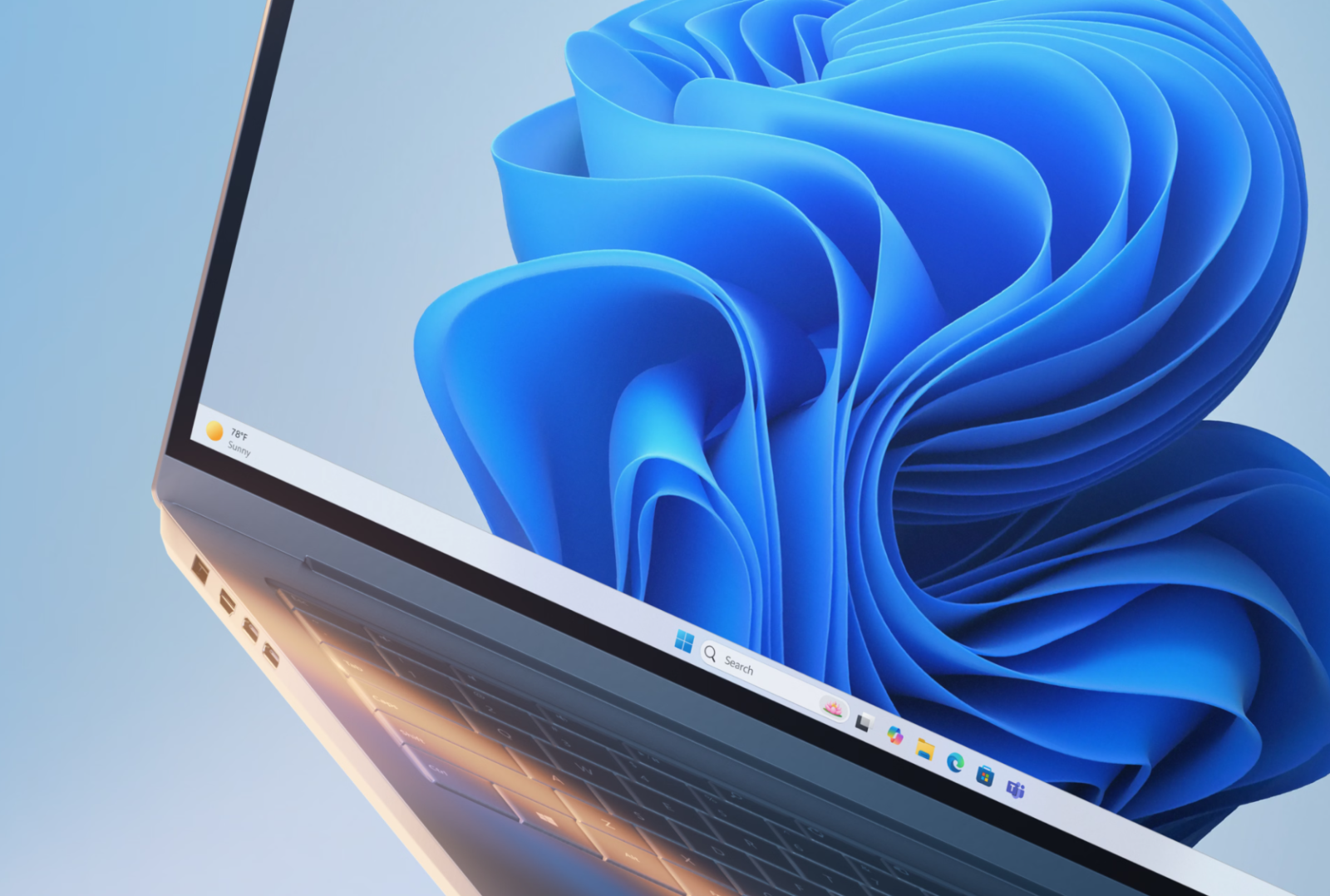
Obviously with this development, Windows Security on Windows 11 is no longer a weak "free gatekeeper", but has truly become a reliable security solution for the vast majority of users.
2. Even though Windows Security is powerful, when is third-party antivirus software still useful?
However, it would be a stretch to say that Windows Security is perfect and that nothing more is needed. In fact, there are situations where third-party software is clearly beneficial.
First, professional users, such as system administrators or cybersecurity professionals, often need more granular control over how their security software works. Windows Security currently offers some basic customization, but it’s not deep enough. Meanwhile, commercial software like Bitdefender or Kaspersky allows detailed configuration of each rule, from controlling network connections to scanning file types by group.
Next is the firewall. Although Windows has a very powerful built-in Windows Firewall, its management interface is quite complicated and difficult to use for non-experts. Some commercial software provides an intuitive interface, making it easy to set up rules to block or allow applications to connect to the Internet. For those who need to manage many devices in the family or company, this brings significant convenience.
Additionally, third-party software is sometimes used as a second line of defense. When you suspect a virus or malware infection, using another scanner like Malwarebytes can help double-check. In many cases, this combination provides a safer bet, as no tool is 100% effective in all situations.
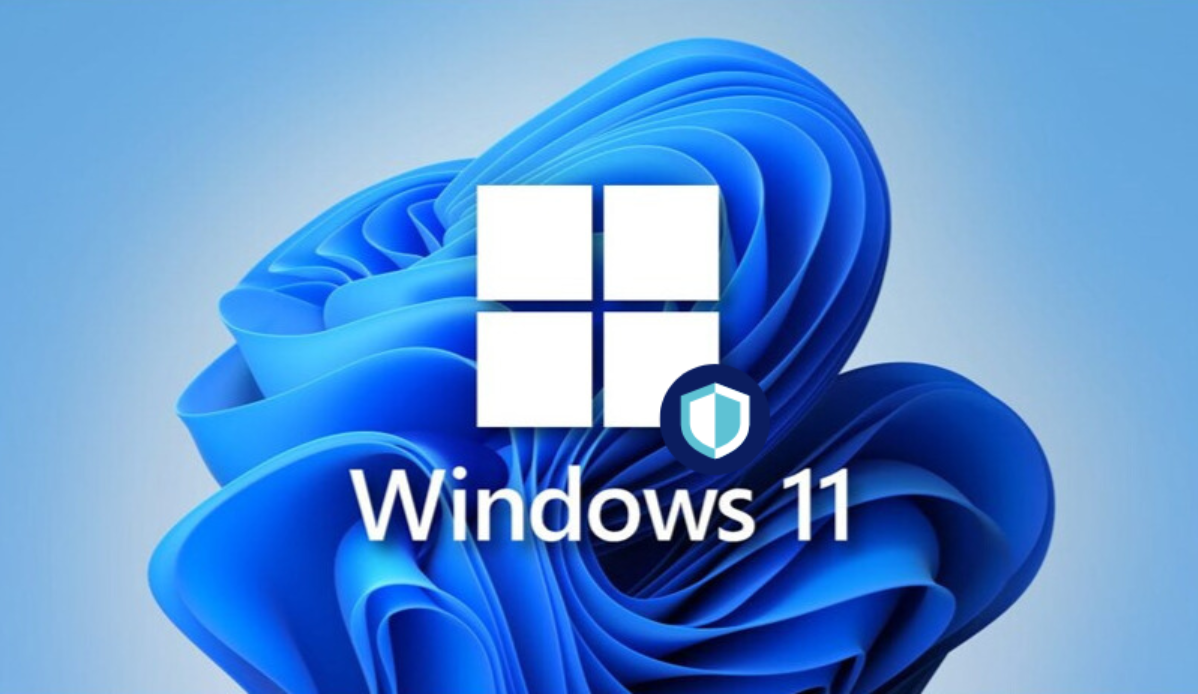
Finally, paid software often comes with additional features that Windows Security doesn’t have. For example, online banking protection, built-in VPN for safer web browsing, content controls for kids, or data destruction tools. While not everyone needs these, they’re a big plus for those who want an “all-in-one security suite.”
3. However, most general users should trust Windows Security
For the majority of users, from students, office workers to gamers, Windows Security is enough. This comes from two main reasons:
First, Windows Security is not only free, but also supported and updated by Microsoft continuously. There is no “license expiration” or annoying renewal reminders. Users just need to make sure Windows 11 is always up to date to automatically receive all the latest security patches.
Second, Windows Security’s performance far exceeds expectations. The fact that it runs in the background and doesn’t take up much resources gives users a smoother experience. This is a big difference from many third-party software, which often come with ads or install unnecessary add-ons.
In fact, today's security incidents do not mainly come from the lack of anti-virus software, but from user behavior. Clicking on strange links in emails, downloading cracked software, accidentally turning off security warnings, these are common causes of computer infection with malware. Therefore, a user with good security awareness, combined with Windows Security, can completely protect the computer without spending extra money.
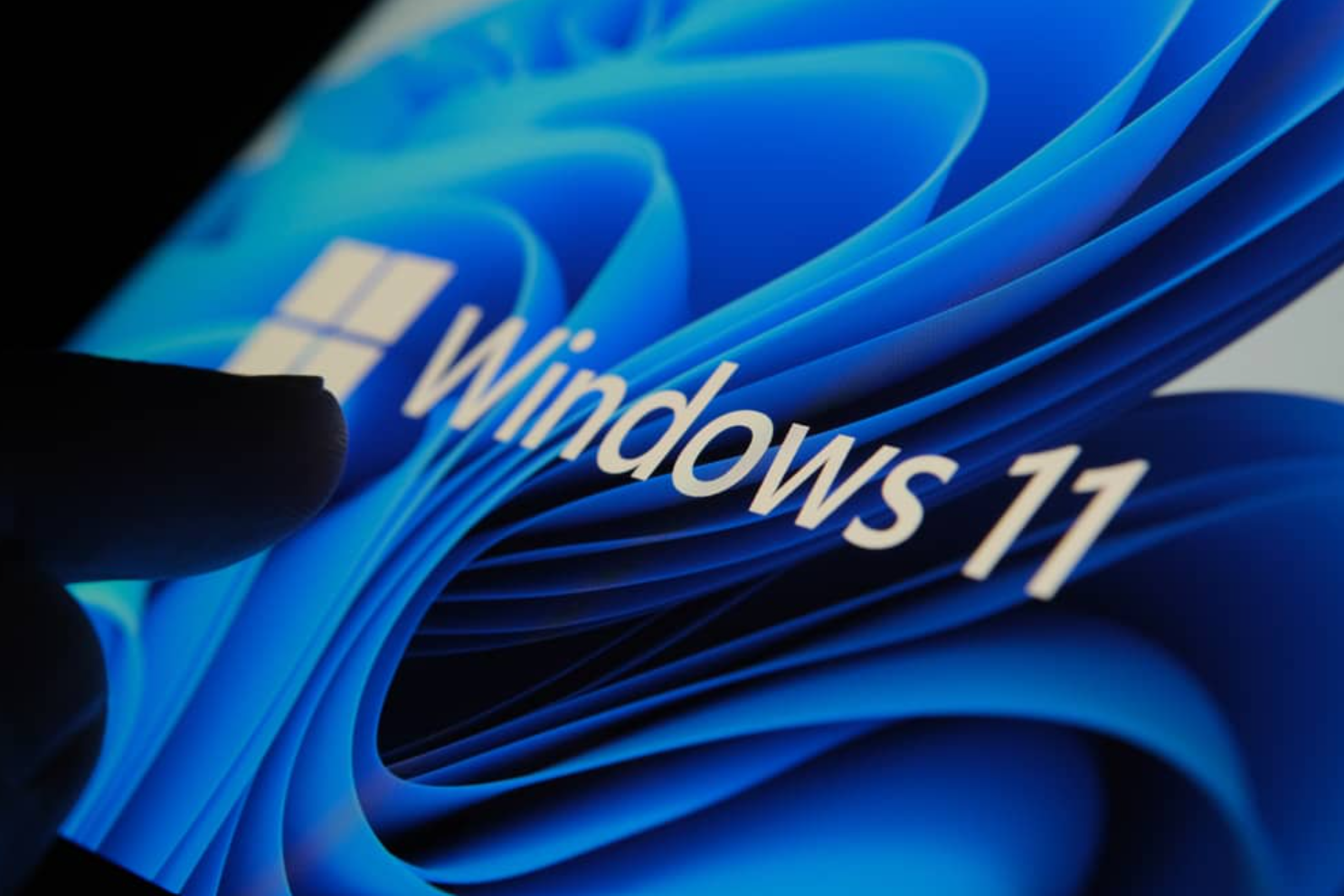
4. Conclusion
Overall, buying a third-party antivirus on Windows 11 is no longer a must. Windows Security has grown enough to be a complete replacement for the vast majority of average users. It’s free, effective, and constantly updated by Microsoft itself.
However, in some special situations, such as professional users who need deep customization or want additional features such as VPN, parental controls, banking transaction protection, commercial software is still worth it. For businesses or individuals who handle sensitive data, it is also a reasonable investment.
The most important thing, whether you choose Windows Security or paid software, is personal security awareness. No tool can protect you from accidentally clicking on a phishing link or downloading a virus-filled cracked file from the Internet. Keeping your operating system up to date, backing up your data regularly, and maintaining safe usage habits are still key. Therefore, it is time for many users to reconsider renewing their antivirus software licenses every year. Instead of spending a few hundred thousand on a solution that has already been replaced for free, that money could be spent on buying more cloud storage or investing in a data backup device.









































